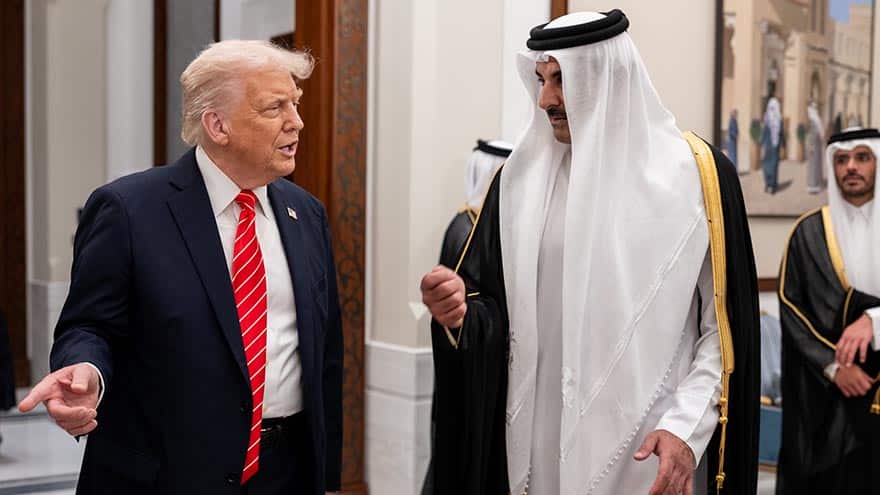From Shadows to Spotlight: Historical Context
For decades following Israel’s establishment in 1948, India maintained a delicate balancing act in the Middle East. Bound by its Non-Aligned Movement principles and solidarity with the Palestinian cause, India officially recognized Israel only in 1992. However, even before formal diplomatic relations, the two nations maintained discreet security cooperation, particularly following the 1962 Sino-Indian War and subsequent conflicts with Pakistan.
The Modi government has fundamentally altered this approach, bringing the relationship “out from under the carpet” and pursuing what officials call a “de-hyphenated” policy—treating relations with Israel and Palestine as separate issues rather than viewing them through a zero-sum lens.
The Defense Nexus: A Foundation of Trust
The cornerstone of the India-Israel partnership remains defense cooperation. India has emerged as Israel’s largest client for military equipment sales, while Israel has become India’s second-largest defense partner. This relationship extends beyond simple arms purchases to include joint development projects, technology transfers, and intelligence sharing.
The partnership addresses India’s strategic vulnerabilities, particularly concerning Pakistan and China. Israeli expertise in border security, counter-terrorism, and surveillance technology has proven invaluable for India’s security establishment. From the procurement of advanced radar systems to collaboration on missile defense technologies, this cooperation has strengthened India’s defense capabilities significantly.
Economic Integration: Beyond Defense
Recent developments signal a dramatic expansion of economic ties. Israeli Economy Minister Nir Barkat’s 2025 visit to New Delhi marked what he described as a “breakthrough” toward advancing a comprehensive trade agreement. This push for a Free Trade Agreement (FTA) reflects both nations’ desire to diversify their economic partnership beyond defense procurement.
Bilateral trade, excluding military sales, reached approximately $6.3 billion by 2019, with India ranking as Israel’s third-largest Asian trade partner. The proposed FTA focuses on information technology, biotechnology, agriculture, and innovation—sectors where both nations possess complementary strengths.

Technological Synergies and Innovation
The partnership has found particular resonance in technology and innovation. Israeli expertise in water management, precision agriculture, and cybersecurity aligns well with India’s developmental priorities and digital transformation agenda. Collaborative projects in desalination, drip irrigation, and agricultural technology have yielded tangible benefits for Indian farmers and water management systems.
In the emerging domains of artificial intelligence, fintech, and clean technology, both nations see opportunities for mutual benefit. The shared emphasis on innovation and entrepreneurship has created natural synergies between their startup ecosystems.
Geopolitical Implications: Navigating Complex Alliances
India’s deepening ties with Israel have significant geopolitical ramifications. The relationship reflects India’s broader strategic autonomy approach—building partnerships based on national interest rather than ideological alignment. This is evident in India’s recent decision to break with Shanghai Cooperation Organization (SCO) partners Russia and China by refusing to condemn Israeli actions against Iran.
The India-Middle East-Europe Economic Corridor, which positions Israel as a crucial transit hub connecting India to Europe, demonstrates the strategic importance both nations place on their partnership. This initiative could potentially facilitate broader regional cooperation, including with Arab states that have normalized relations with Israel through the Abraham Accords.
Balancing Act: Managing Regional Sensitivities
Despite the strengthening ties, India continues to face challenges in balancing its relationships in the Middle East. While embracing closer Israel ties, India maintains its support for Palestinian rights and a two-state solution. This balancing act reflects India’s traditional diplomatic approach of maintaining multiple partnerships while avoiding zero-sum calculations.
The relationship with Israel must also be viewed within India’s broader West Asian policy, which includes significant economic and energy partnerships with Gulf states and Iran. India’s ability to compartmentalize these relationships while building deeper ties with Israel demonstrates sophisticated diplomatic management.
Future Trajectories: Opportunities and Challenges
Looking ahead, several factors will shape the evolution of India-Israel relations:
Economic Diversification: Both nations recognize the need to broaden their partnership beyond defense cooperation. Success in concluding a comprehensive FTA and expanding trade in civilian sectors will be crucial for long-term relationship sustainability.
Regional Integration: The potential for Israel to serve as a gateway for Indian businesses accessing European markets through economic corridors represents a significant opportunity. Similarly, Indian markets offer Israeli companies access to a massive consumer base.
Technology Leadership: Collaboration in emerging technologies—from space cooperation to renewable energy—could position both nations as innovation leaders. Their shared emphasis on technological advancement and scientific research creates natural partnership opportunities.
Geopolitical Complexities: Managing relationships with other regional powers while deepening bilateral ties will require continued diplomatic finesse. India’s ability to maintain its strategic autonomy while strengthening partnerships will be tested as regional tensions evolve.
Conclusion: A Maturing Partnership
The transformation of India-Israel relations from covert cooperation to open strategic partnership represents a significant shift in both nations’ foreign policy approaches. What distinguishes this relationship is its pragmatic foundation—built on mutual benefit rather than ideological alignment.
The partnership’s evolution reflects broader changes in international relations, where traditional alliance structures are giving way to flexible, issue-based cooperation. For India, the relationship demonstrates its growing confidence as a global power willing to pursue partnerships based on national interest. For Israel, the partnership represents successful diversification of its international relationships beyond traditional Western allies.
As both nations navigate an increasingly complex global landscape, their partnership is likely to deepen further. The combination of shared strategic interests, technological synergies, and economic complementarities provides a strong foundation for continued cooperation.
However, the relationship’s ultimate success will depend on both nations’ ability to manage regional sensitivities while maximizing mutual benefits. The challenge lies in transforming what has been primarily a government-to-government relationship into broader people-to-people connections that can withstand political changes and regional turbulence.
The India-Israel partnership thus represents more than a bilateral relationship—it exemplifies how nations can build strategic partnerships that transcend traditional geopolitical alignments while navigating complex regional dynamics. As both countries continue to rise as significant players in their respective regions and globally, their partnership may well serve as a model for 21st-century diplomatic and strategic cooperation.








